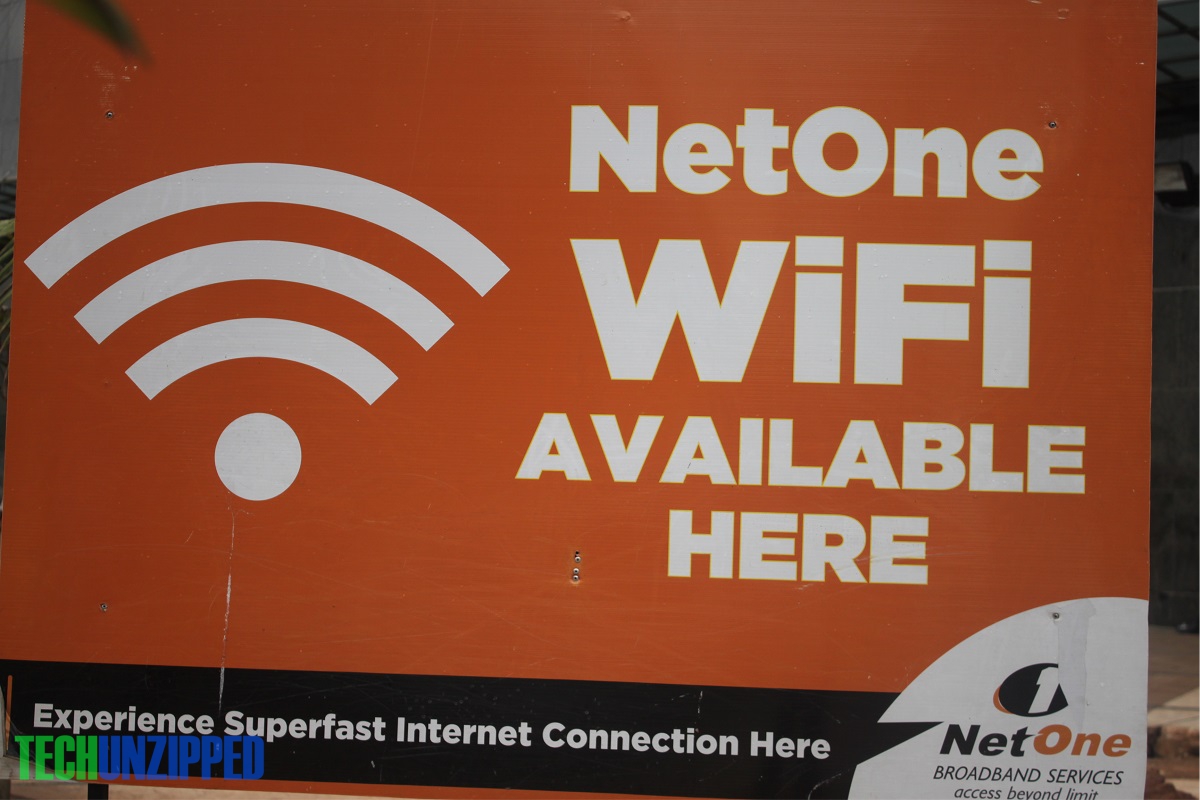State owned Telecommunications Company, NetOne
reported positive revenue results driven by growth in mobile data.
Despite tough trading conditions, competition, policy and political
uncertainty experienced last year the company made a profit of over 8million recovering
from a 77million loss. The State Owned Enterprise released its annual results
for the year ending 31 December 2018 in Harare this week.
The latest figures released at an AGM held at
Meikles yesterday indicate that NetOne internet and data usage increased by
sixty percent to close off at forty- one percent in the year 2018. A total of
7.395TB of mobile internet and data was consumed in the third quarter of 2018
according to the POTRAZ sector report of 2018. Social media bundles continued
to drive mobile data usage with Whatsapp constituting 32% of mobile data.
The growth in mobile data usage for the State
Owned Enterprise was buoyed on NetOne’s increased footprint optimization of
network across Zimbabwe. Strong customer focus played a pivotal role in the
growth of data as the telecoms giant optimized its network monitoring and
addressing issues of internet speeds and incidences of data packet losses.
NetOne leveraged on its seamless product
offering, with the One-Fusion bundle taking the market by storm as it proved to
be affordable for most Zimbabweans, offering a combo/cocktail of on-net and
off-net voice calls, international calls, data, Whatsapp, Facebook and twitter.
The mobile industry is playing an
increasingly important role in the social and economic development of the
nation as mobile connectivity has become the main platform for innovation and
the driving force for greater inclusion, while the mobile ecosystem, including
mobile network operators are contributing significantly to economic growth and
job creation.
For many consumers in Zimbabwe, the
mobile phone is not just a communication device but also the primary channel to
get online, as well as a vital tool to access various life-enhancing services.
Access to mobile connectivity has enhanced access to many essential services, including
education, health and utilities, while also enabling business to deliver
efficient and sustainable services through mobile-based platforms such as
mobile money.

